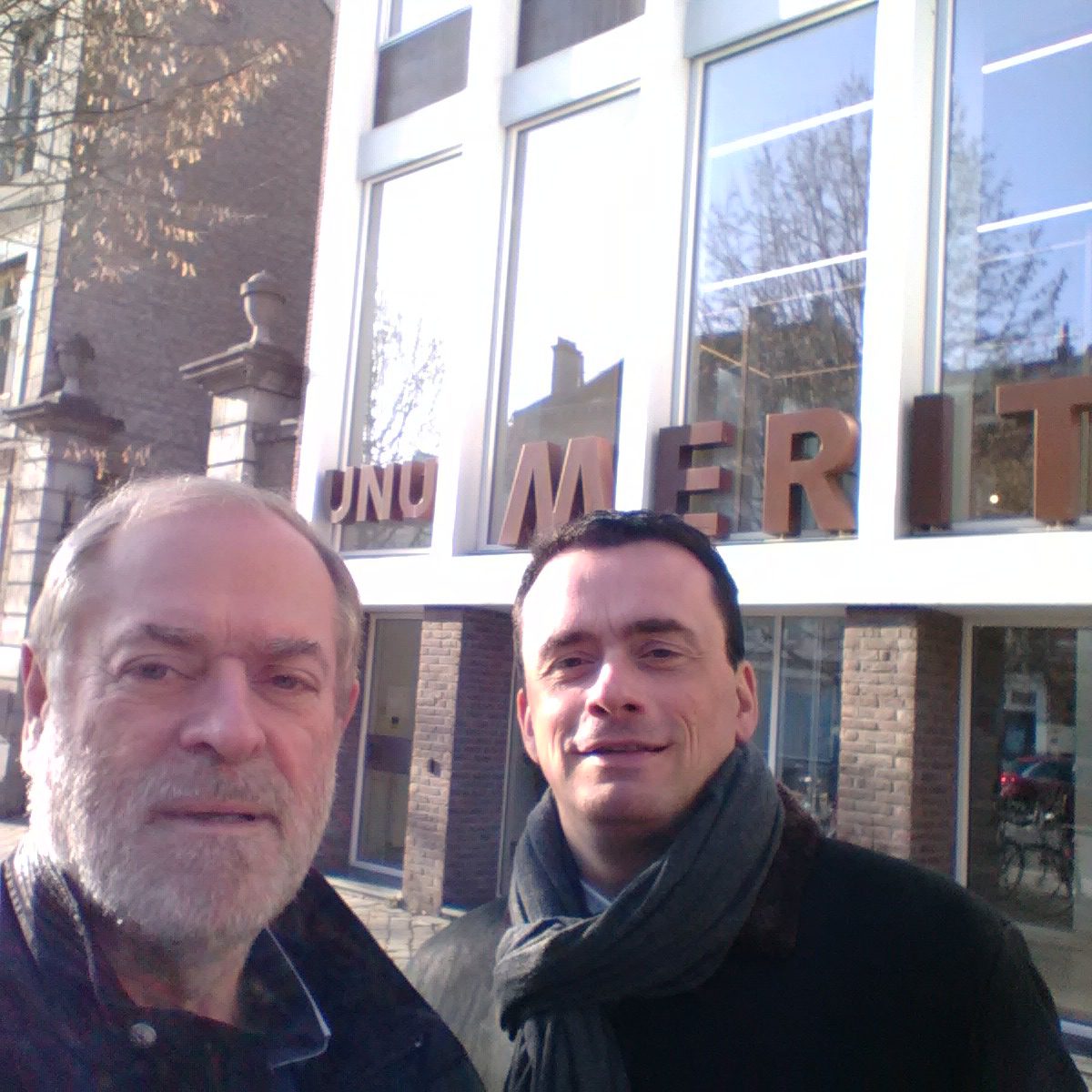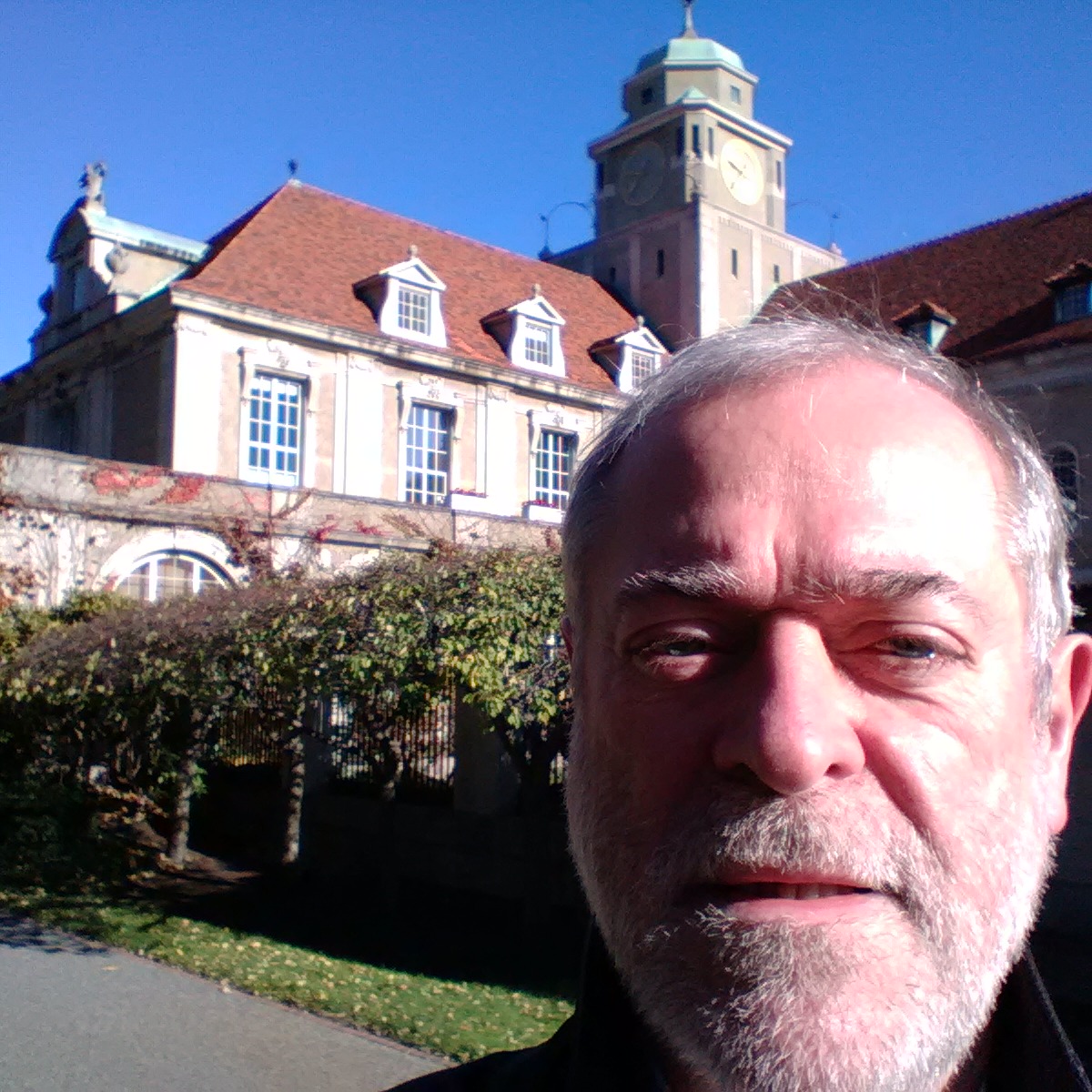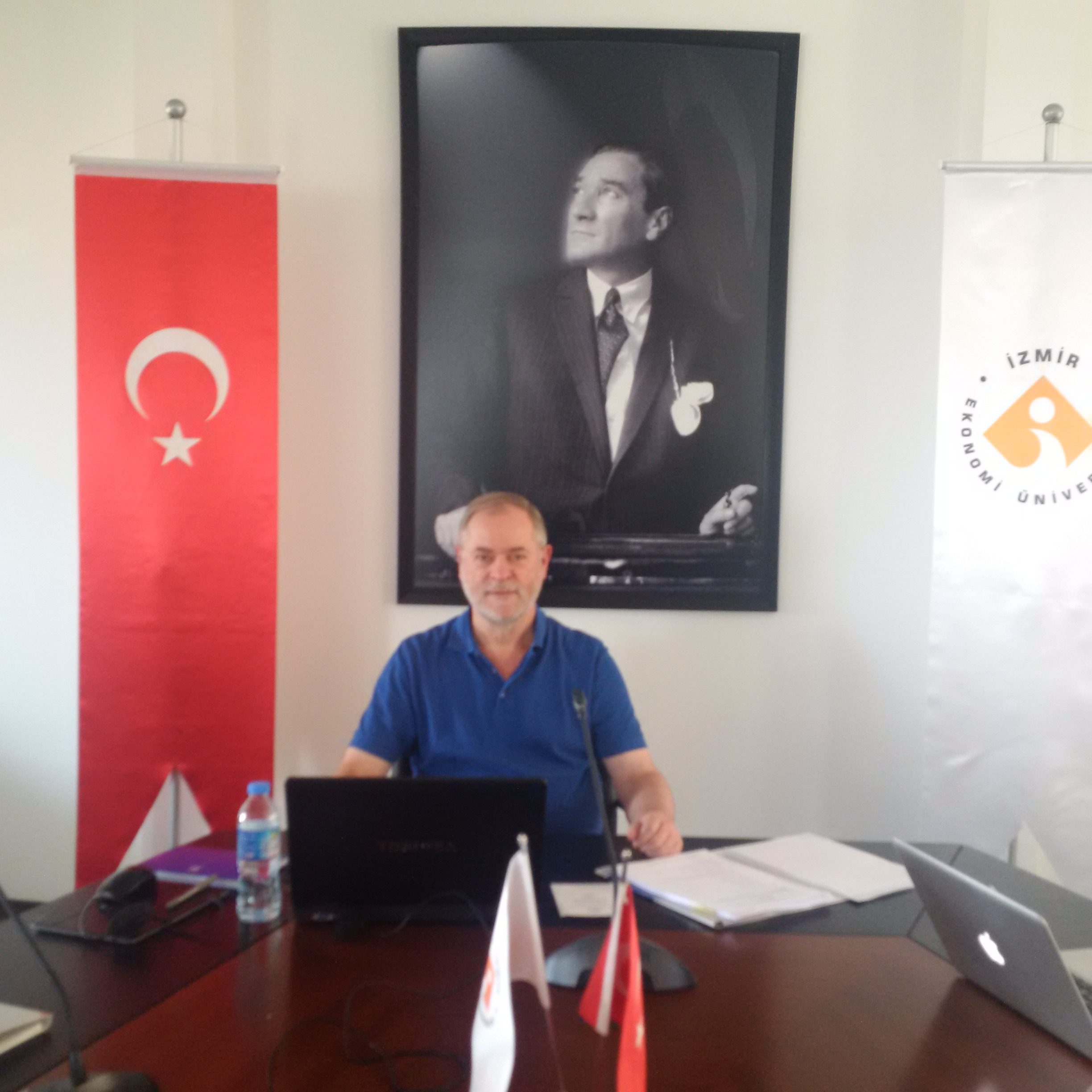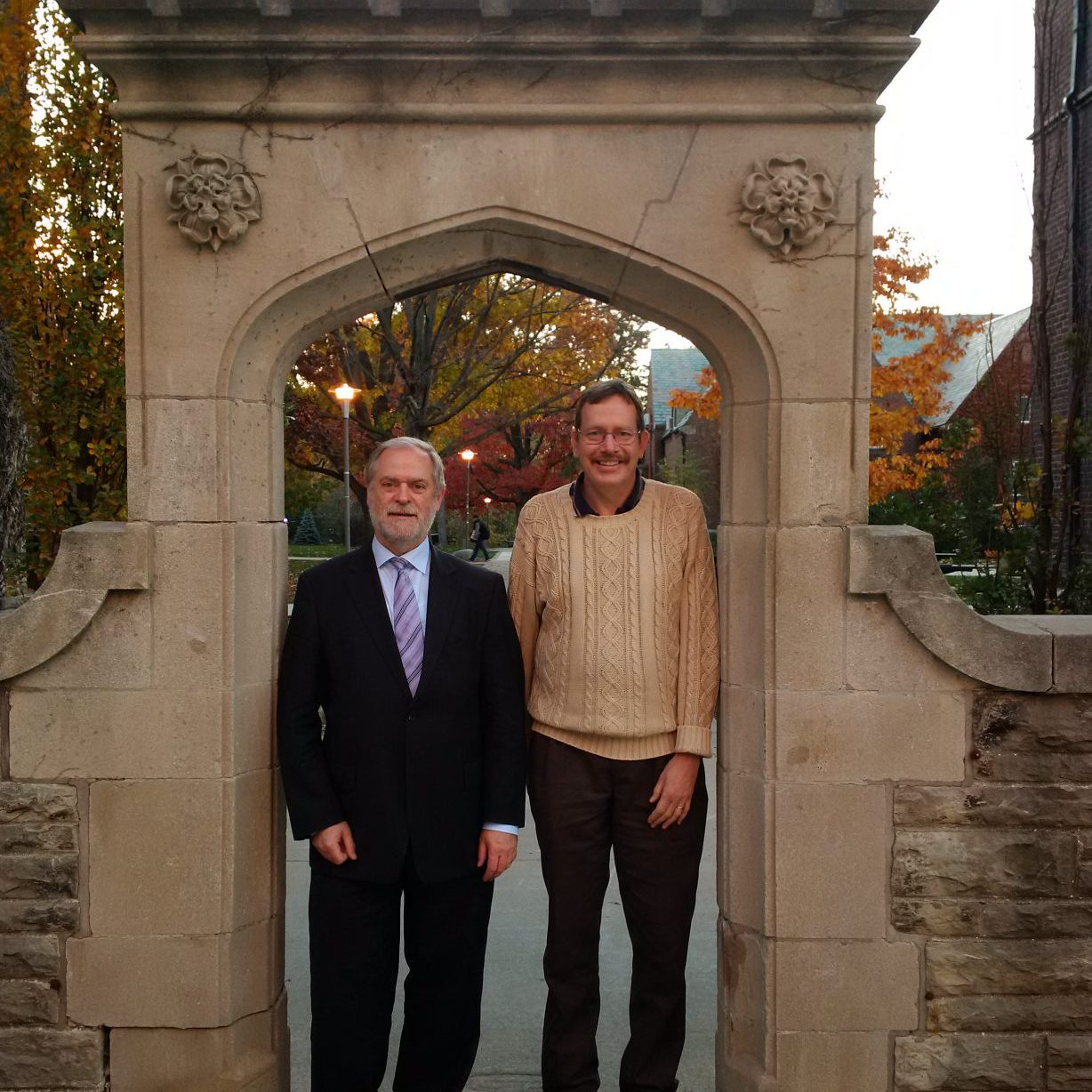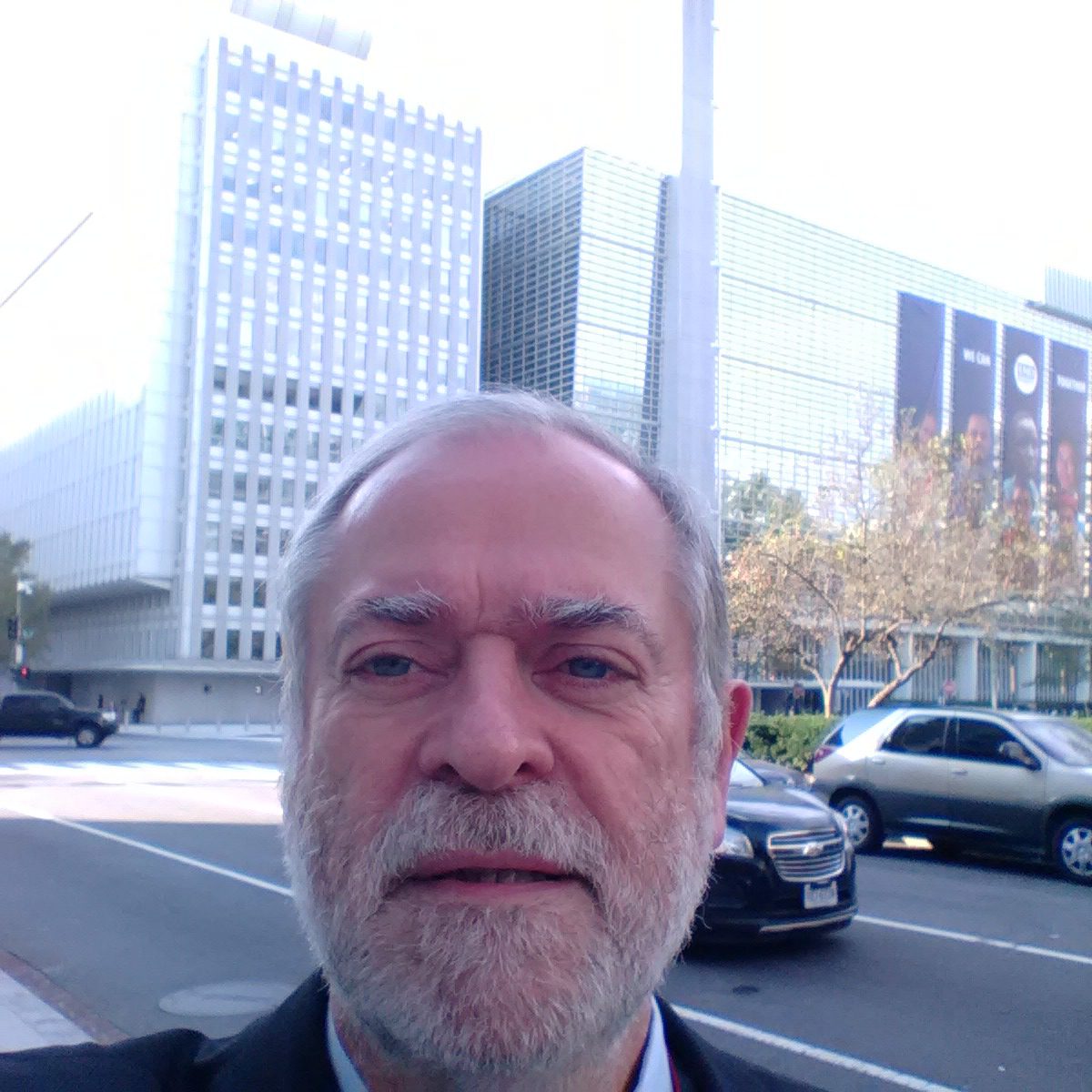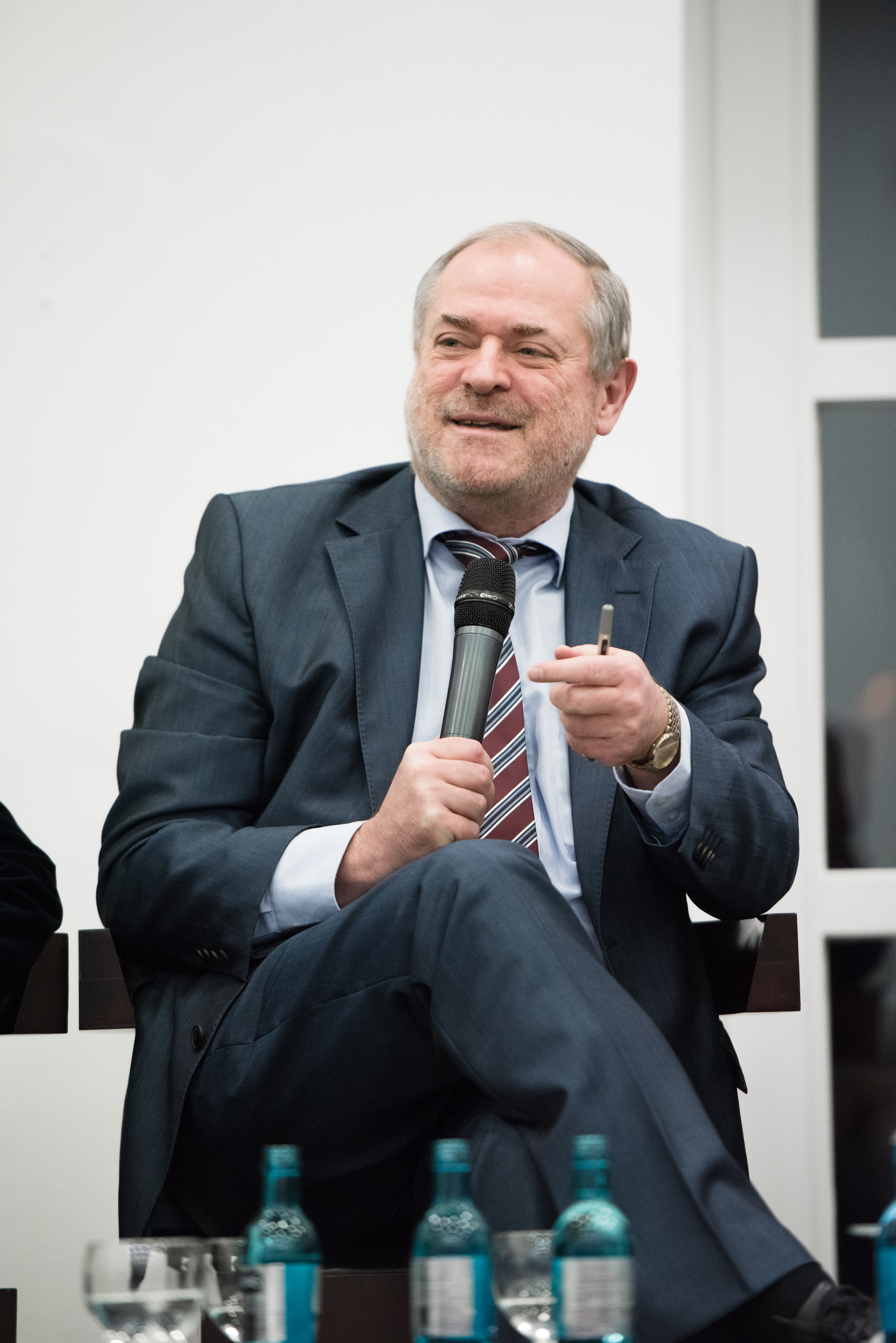RESEARCH PAPERS 2016 (21).
Klaus F. Zimmermann (Princeton University and UNU-MERIT) has published or prepared 21 research papers in 2016. Titles and links:
Zimmermann, Klaus F., Refugee and Migrant Labor Market Integration: Europe in Need of a New Policy Agenda. Mimeo. Presented at the EUI Conference on the Integration of Migrants and Refugees, 29-30 September 2016 in Florence.
Constant, Amelie F. & Klaus F. Zimmermann, Towards a New European Refugee Policy that Works. Forthcoming 2016: CESifo DICE Report – Journal of International Comparisons. (With A. F. Constant.) UNU – MERIT Working Paper # 2016-062
Cervellati, Matteo, Uwe Sunde & Klaus F. Zimmermann, Demographic Dynamics and Long-Run Development: Insights for the Secular Stagnation Debate, Working Paper #604, Princeton University, Industrial Relations Section, UNU – MERIT Working Paper # 2016-049, ZEF Discussion Papers on Development Policy #226 & CEPR Discussion Paper DP 11569. Forthcoming 2017: Journal of Population Economics.
Constant, Amelie F., Annabelle Krause, Ulf Rinne & Klaus. F. Zimmermann, Reservation Wages of First- and Second -Generation Migrants, forthcoming 2017: Applied Economics Letters. UNU – MERIT Working Paper # 2016-050
Brown, Alessio J.G. & Klaus F. Zimmermann, Three Decades of Publishing Research in Population Economics: Journal of Population Economics, 30 (2017), 11-27.
Zimmermann, Klaus F., Pionier der Medienökonomik, in: Jörg Müller-Lietzkow & Felix Sattelberger (Eds.), Empirische Medienökonomie. Reflexionen der Arbeiten von Wolfgang Seufert, Nomos-Verlag, 2016, 52-56.
Zimmermann, Klaus F., Migrationspolitik im Mediensturm (Migration Policy in the Media Storm), Wirtschaftspolitische Blätter, 63 (2016), 497-508.
Zaiceva, Anzelika & Klaus F. Zimmermann, Migration and the Demographic Shift, forthcoming 2016 in: J. Piggott and A. Woodland (Eds.), Handbook of the Economics of Population Aging, North Holland, Vol. A.
Constant, Amelie F. & Klaus F. Zimmermann, Diaspora Economics: New Perspectives International Journal of Manpower, 37 (2016), No. 7, 1110-1135.
Mbaye, Linguère Mously & Klaus F. Zimmermann, 2016, Natural Disasters and Human Mobility, UNU-MERIT Working Paper 2016-040 ; ZEF Working Paper 151 . Forthcoming: International Review of Environmental and Resource Economics, 10 (2016), 1-20. DOI 10.1561/101.00000082
Akay, Alpaslan, Olivier Bargain & Klaus F. Zimmermann, 2016, Home Sweet Home? Macroeconomic Conditions in Home Countries and the Well-Being of Migrants, UNU-MERIT Working Paper 2016-038 Forthcoming: Journal of Human Resources
Chowdhury, Shamal, Annabelle Krause & Klaus F. Zimmermann, 2016, Arsenic Contamination of Drinking Water and Mental Health, Working Paper #607, Princeton University, Industrial Relations Section UNU-MERIT Working Paper 2016-037; ZEF -Discussion Papers on Development Policy, No.222
Ritzen, Jo & Klaus F. Zimmermann, 2016, Fading Hope and the Rise in Inequality in the United States, UNU-MERIT Working Paper 2016-025
Zimmermann, Klaus F., Health Shocks and Well-Being. Forthcoming 2016 Indian Journal of Labour Economics, DOI 10.1007/s41027-016-0045-0
Nikolova, Milena, Monica Roman & Klaus F. Zimmermann. Left Behind but Doing Good? Civic Engagement in Two Post-Socialist Countries. Forthcoming, online 2016. Journal of Comparative Economics. http://dx.doi.org/10.1016/j.jce.2016.04.006
Akgüc, Mehtap, Xingfei Liu, Max Tani & Klaus F. Zimmermann, Risk Attitudes and Migration, China Economic Review, 37 (2016), 166-176.
Akay, Alpaslan, Olivier Bargain, Corrado Guilietti, Juan D. Robalino & Klaus F. Zimmermann, Remittances and Relative Concerns in Rural China, China Economic Review, 37 (2016), 191-207.
Ritzen, Jo, Caroline Wehner & Klaus F. Zimmermann, Euroskepticism, Income Inequality and Financial Expectations, B.E. Journal of Economic Analysis and Policy, 16 (2016), 539-576.
Rinne, Ulf & Klaus F. Zimmermann: Die digitale Arbeitswelt von heute und morgen, Aus Politik und Zeitgeschichte (APuZ), 66. Jahrgang, 18-19, 2. Mai 2016, 3 – 9.
Hinte, Holger, Ulf Rinne & Klaus F. Zimmermann, Punkte machen?! Warum Deutschland ein aktives Auswahlsystem für ausländische Fachkräfte braucht und wie ein solches System aussehen kann, Perspektiven der Wirtschaftspolitik, 17 (2016), 68-87.
Krause, Annabelle, Ulf Rinne & Klaus F. Zimmermann, How Far are We from a Single European Labour Market?, International Journal of Manpower. Forthcoming 2017.
**************************************************************************
Klaus F. Zimmermann in front of UNU-MERIT, Maastricht, where he directs POP. POP is a Centre for Population, Development and Labour Economics, which joined UNU-MERIT and its School of Governance in Maastricht in 2016 as an independent economics research group.
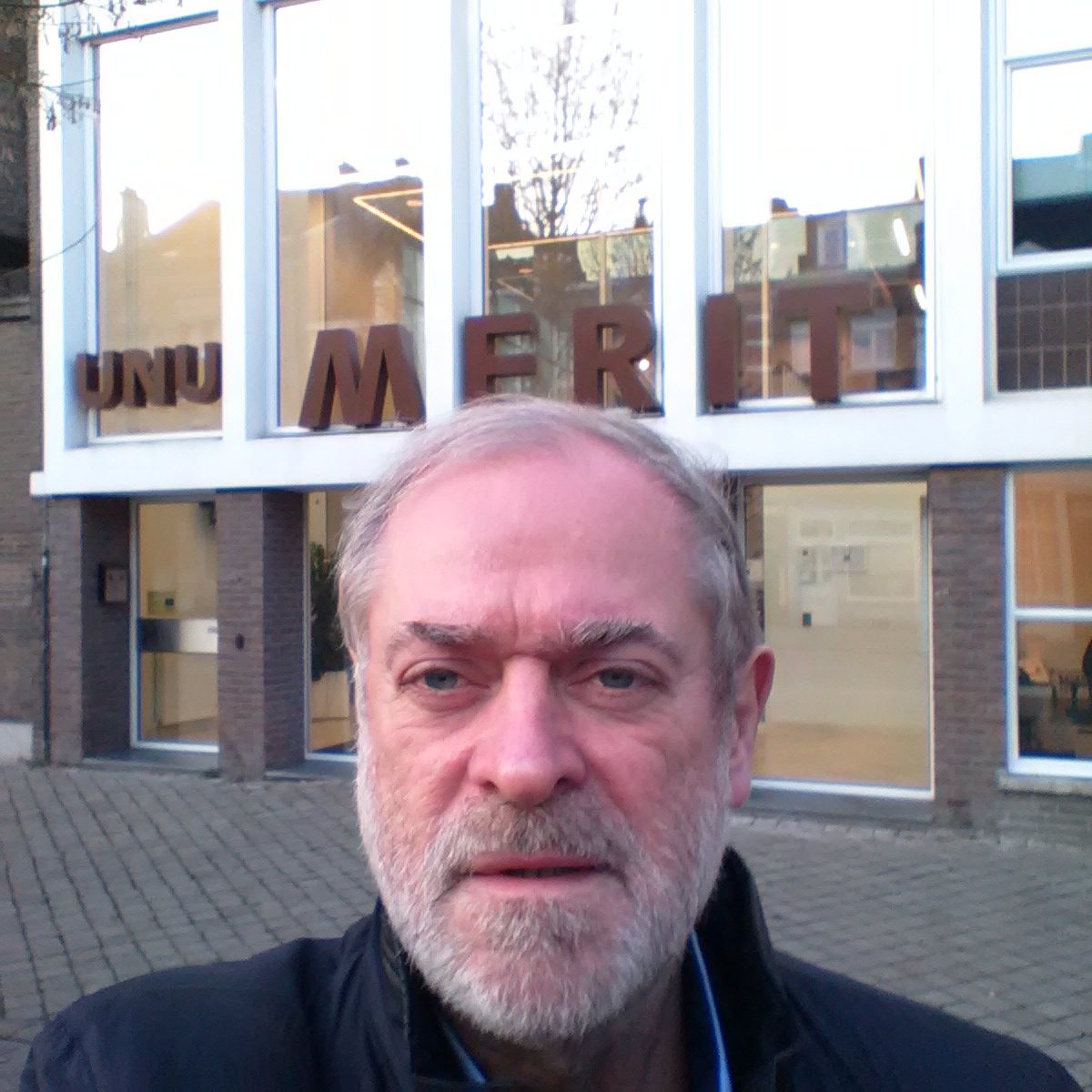
Ends;

